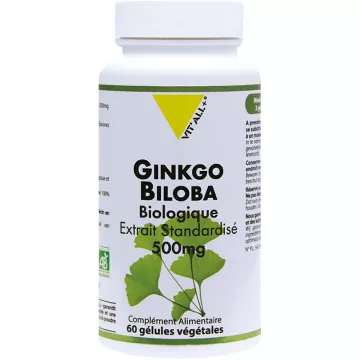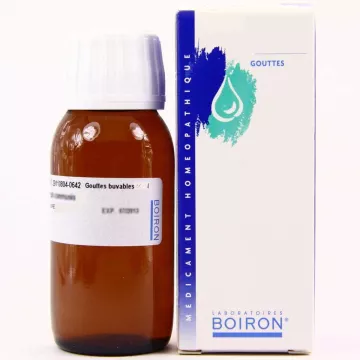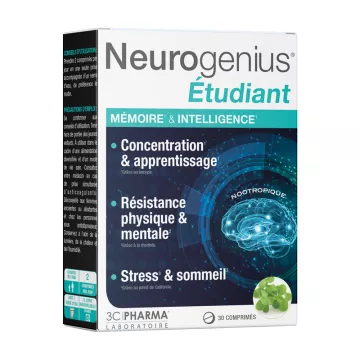






What is memory and how does it work?
Memory is a function of the brain that enables us to store, retain and recall past information. It plays a crucial role in our ability to learn, plan and interact with our environment. It is divided into two main categories: short-term memory and long-term memory.
Short-term memory, also known as working memory, enables us to retain small amounts of information for a short period of time. For example, it enables us to retain a telephone number long enough to dial it. Long-term memory, on the other hand, stores much larger quantities of information for longer periods, from a few minutes to a lifetime.
The neural processes involved in memory involve changes in the strength of connections between neurons, called synapses. When a piece of information is repeated or deemed important, these connections strengthen, making it easier to recall that information later.
What are the best techniques for improving memory?
To improve your memory, several techniques can be applied effectively:
What are the most common memory disorders?
Memory disorders can range from mild forgetfulness to more severe conditions such as Alzheimer's disease. Among the most common disorders are :
How does stress affect memory?
Stress can have a significant impact on memory. In stressful situations, the body produces hormones such as cortisol, which can interfere with memory processes. Chronic stress can lead to atrophy of the hippocampus, an area of the brain essential for memory. To protect your memory from the effects of stress, relaxation techniques and effective stress management are recommended.
What role does physical exercise play in preserving memory?
Physical exercise is extremely beneficial for the memory. It stimulates blood circulation throughout the body, including the brain, helping to keep neurons healthy. Regular exercise also promotes the production of neurotrophins, proteins that support the survival and growth of neurons, and can induce neurogenesis, the creation of new neurons in the hippocampus.
What's the difference between explicit and implicit memory?
Explicit or declarative memory enables us to recall specific information that we can verbalize, such as facts or events. It is subdivided into episodic memory (personal and contextual memories) and semantic memory (general knowledge and facts). Implicit memory, on the other hand, is unconscious and manifests itself in the skills and tasks we perform automatically, such as cycling or swimming, without conscious thought.
How does age affect memory?
With advancing age, changes in memory are often inevitable. Memory processes may become slower, and some information may be harder to recall. However, age-related changes do not necessarily mean severe memory loss or dementia. Activities that stimulate the mind, such as puzzles, reading and strategy games, can help maintain memory sharpness.
How does sleep influence memory consolidation?
Sleep is essential for memory consolidation, transforming short-term memories into lasting long-term ones. During phases of deep sleep, the brain processes and reorganizes information received during the day. A lack of sleep can therefore seriously compromise the ability to memorize new information and recall old ones.
Which nutrients are beneficial for supporting memory function?
Certain nutrients play a key role in supporting memory function. Omega-3 fatty acids, found in oily fish such as salmon, are essential for maintaining neuronal health. Antioxidants, such as those found in berries and green vegetables, protect brain cells from oxidative damage. In addition, iron and zinc, found in red meat and nuts, are important for cognitive function.
What impact do digital technologies have on memory?
The growing use of digital technologies is having a noticeable impact on memory. On the one hand, easy access to information can reduce our need to memorize details. On the other hand, it can also lead to cognitive overload, where too much information leads to short-term memory saturation. To counteract these effects, we recommend regular activities that actively stimulate memory, and limiting continuous exposure to screens.